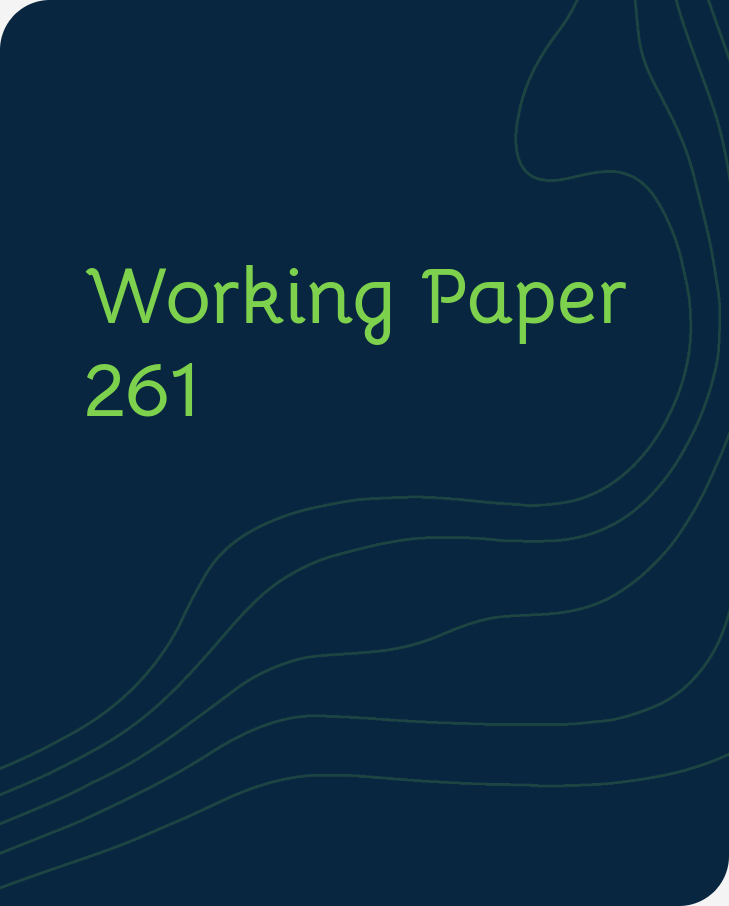Publication
Transition Report
Reform progress and transition indicators
Who we are
Overview: about the EBRDWho we are
Overview: about the EBRD
Learn about the EBRD's journey to investing more than €220 billion in over 7,800 projects.
What we do
Overview: how the EBRD operatesWhat we do
Overview: how the EBRD operates
Across three continents, the EBRD supports the transition to successful market economies.
Work with us
Overview: how you can work with the EBRDWork with us
Overview: how you can work with the EBRD
We draw on three decades of regional knowledge and financial expertise to tailor our products and approaches to each client's needs.
November, 2021

By Zsoka Koczan and Alexander Plekhanov
This paper attempts to explain the stylized fact that support for a greater role of the state in the economy typically increased in response to major economic shocks. These effects persist over time and are strikingly consistent across three large surveys covering a uniquely wide geography. First, we analyse experiences during the Covid-19 crisis using a survey of more than 39,000 adults across 14 economies as well as during the global financial crisis using a representative survey covering 34 economies. Exploiting variation across individual experiences during these crises we find that support for state ownership and redistribution of income is significantly higher among individuals who experienced job losses and, to a lesser extent, among those who experienced an income shock. Those who only experienced an income shock are relatively more likely to support benefits for the working poor while those who experienced job losses favour unemployment benefits. As a complement to this analysis and in order to track the longer-term effects of crisis experiences, we rely on six waves of the World Value Surveys spanning over 100 economies. Here we exploit differences in lifetime exposures to crises by country and year of birth and survey year and show that individuals who lived through a major recession during adulthood express a stronger preference for state ownership and redistribution of income.
For media enquiries related to this working paper, please contact Ksenia Yakustidi, Media Adviser at the EBRD’s Office of the Chief Economist
YakustiK@ebrd.com
All Working Papers
The Working Paper series seeks to stimulate debate on transition in the EBRD regions.
